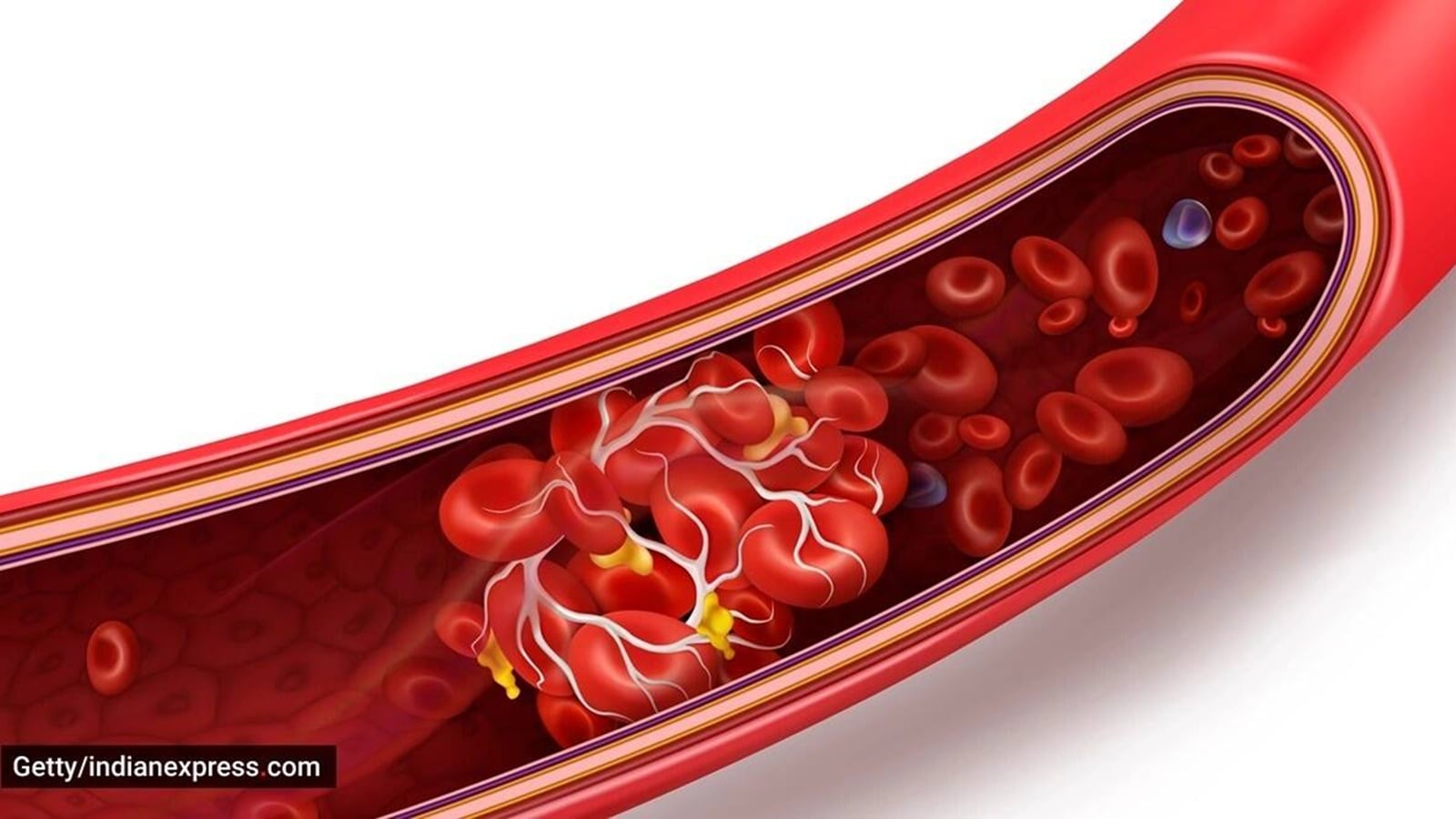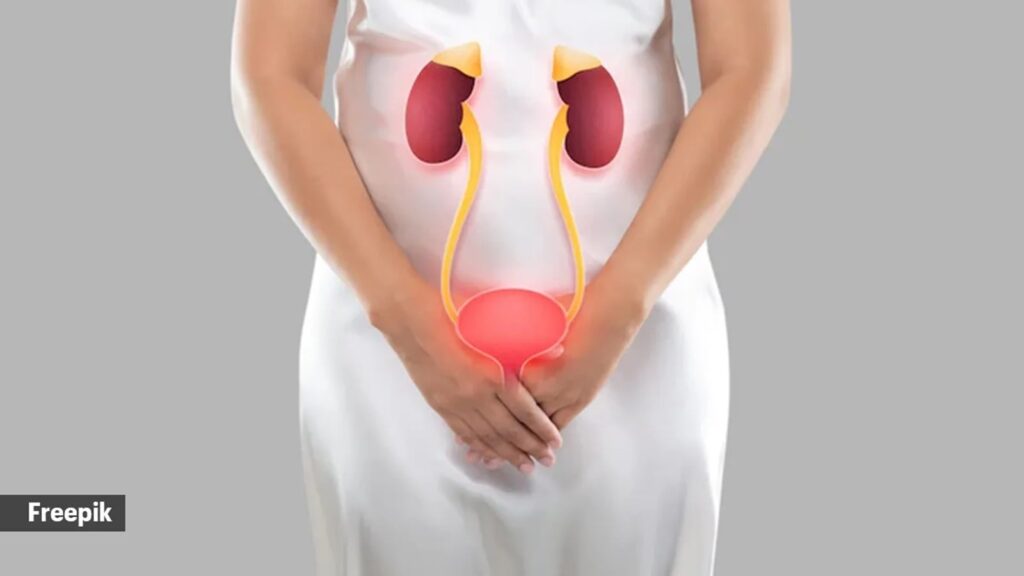970x125
Many people silently suffer from common concerns like hemorrhoids. While some may ignore the initial symptoms, experts advise that they can significantly impact one’s quality of life. Gastroenterologist Dr Saurabh Sethi recently discussed the same in an Instagram post, stating: “Are you suffering from hemorrhoids but feeling shy to talk about it? Here are 3 tips to help you manage hemorrhoids.”
970x125
*Eat more fibre. Fruits, vegetables, and whole grains keep your bowel movements regular and prevent strain on your rectum
*Try over-the-counter creams with hydrocortisone or witch hazel to soothe itching and swelling
*Take breaks from sitting. If you have a desk job, try to take frequent breaks to stand up and move around. Sitting for long periods can increase pressure on the rectal area and worsen hemorrhoids.
To gain a deeper understanding, we reached out to Dr Manish Dodmani, Consultant, Medical Gastroenterology, KIMS Hospitals, Thane.
What exactly are hemorrhoids or piles?
Hemorrhoids are swollen blood vessels, specifically veins, in the rectum or anus. They often result from increased pressure from constipation, prolonged sitting, pregnancy, or even heavy lifting. “There are two types: internal (inside the rectum) and external (around the anus). Many people experience symptoms such as itching, discomfort during bowel movements, discharge from the anus, or fresh blood in the stool. While it can feel awkward to discuss, it is extremely common and manageable,” said Dr Dodmani.
Do lifestyle tips like increased fibre intake, topical creams, and regular movement actually help?
Story continues below this ad
Dr Dodmani affirmed that lifestyle improvement is the first line of treatment. “A fibre-rich diet that includes fruits, vegetables, and whole grains softens stool and promotes regular bowel movements, reducing the need to strain. Topical treatments like creams or witch hazel pads offer quick relief from irritation and swelling,” said Dr Dodmani.
He also advised that avoiding long hours of sitting, especially on hard surfaces or the toilet, helps reduce pressure in the pelvic area. “Avoid taking smartphones to the washroom. Taking simple movement breaks during the day can have a big impact,” said Dr Dodmani.
 Here’s what to note (Photo: Getty Images/Thinkstock)
Here’s what to note (Photo: Getty Images/Thinkstock)
Dr Dodmani added that these “non-invasive methods work well in early stages or during mild flare-ups”. “However, they don’t cure hemorrhoids; they help manage symptoms and prevent worsening,” said Dr Dodmani.
What should one be mindful of when dealing with hemorrhoids?
Story continues below this ad
*Be alert to recurring symptoms, especially rectal bleeding. “It is important not to self-diagnose; blood in the stool can signal other conditions like anal fissures or polyps, or even cancer. Also, avoid aggressive wiping, excessive self-laxative use, or ignoring the urge to pass stool, as these can aggravate hemorrhoids,” said Dr Dodmani.
If symptoms don’t improve, consult a gastroenterologist. “Minimally invasive treatments, like rubber band ligation or infrared coagulation, may be considered. In advanced stages, surgery might be required,” said Dr Dodmani.
The expert stressed that hemorrhoids are not dangerous, but they can affect daily life. “Simple habits go a long way, and timely gastroenterology consultation can prevent complications,” said Dr Dodmani.
DISCLAIMER: This article is based on information from the public domain and/or the experts we spoke to. Always consult your health practitioner before starting any routine.
970x125

